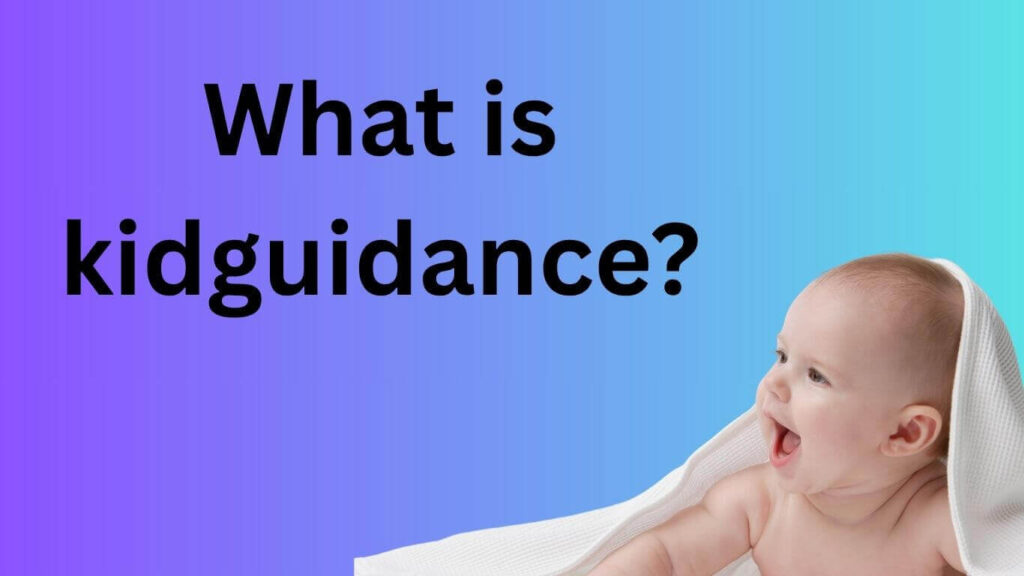Nighttime feedings can feel like a never-ending loop. I’ve been there—rocking my baby at 3 a.m., wondering how to stop nighttime feedings without tears. It’s tough, but it’s possible. If you’re asking, “At what age can you stop night feedings?” or “How do I get my baby to stop eating at night?”—I’ve got tips that worked for me. Let’s talk about gentle ways to ease out of those late-night snacks and get more sleep for everyone. You’ve got this!
Understanding Nighttime Feedings
Nighttime feedings are common for babies. They need food to grow, especially in the first few months. But as they get older, they may not need to eat at night. Sometimes, babies feed for comfort, not hunger. Knowing the difference is key.
I remember when my baby would wake up crying. I thought she was hungry, but she just wanted to be held. Learning her cues helped me figure out when she needed food and when she just needed comfort.
Signs Your Baby is Ready to Stop
Around 6 months, many babies can sleep longer without eating. Look for signs like longer sleep stretches or good weight gain. If your baby eats well during the day, they might not need night feedings.
At 7 months, my baby started sleeping longer. I noticed she wasn’t as hungry at night, and that’s when I knew it was time to cut back.
How to Stop Nighttime Feedings
Two main ways to stop nighttime feedings are cold turkey or gradual weaning.
Cold Turkey: This means stopping night feedings all at once. It can be challenging, but some babies adjust quickly. Be ready for a few tough nights.
Gradual Weaning: Slowly reduce the amount of milk or time spent nursing. This method is gentler and works well for many families.
I tried gradual weaning. I cut one feeding at a time. It took a few weeks, but it worked.
Tips for Success
Be Consistent: Stick to your plan. Even when it’s tough, stay on track.
Feed Well During the Day: Make sure your baby eats enough.Calm Bedtime: Try a warm bath or soft song to help your baby relax.
What to Expect
The first few nights might be rough. But soon, your baby will sleep longer. You’ll both feel better with more rest.
Stopping nighttime feedings is a big step. But with patience and love, you can do it. Remember, every baby is different. Find what works for your family.
If you’re ready to say goodbye to nighttime feedings, start today.
FAQs
How do I stop my baby from feeding at night?
You can stop night feedings in two ways: stop all at once or slowly reduce them. Comfort your baby without food. Stay consistent.
At what age can you stop night feedings?
Many babies stop around 6 months. Some stop earlier if they sleep longer and gain weight well. Ask your doctor.
How do I get my baby to stop eating at night?
Reduce the amount they eat at night. Or comfort them in other ways. Gradual weaning works for many.
How to stop comfort feeding at night?
Comfort feeding is for reassurance. Use soothing techniques like patting or a calm bedtime routine instead.
What are the signs my baby is ready to stop night feedings?
Signs include longer sleep, good weight gain, and eating well during the day. If you see these, they might be ready.
Will my baby still be hungry if I stop night feedings?
If your baby eats well during the day, they may not need night feedings. Watch their weight and hunger cues.
Should I talk to a doctor before stopping night feedings?
Yes, speak to your doctor first. They can check if your baby is ready and give you tips.
How long until my baby stops waking at night?
It can take a few days to a few weeks. Be patient. Stay consistent.
Can I use sleep training to stop night feedings?
Yes, sleep training can help. Try gentle methods like “Pick-Up-Put-Down” or “No Tears.” Stay consistent and kind.
What if my baby still wakes up after stopping feedings?
Your baby might be experiencing sleep regression or forming a new habit. Comfort them without feeding. Stay consistent.



